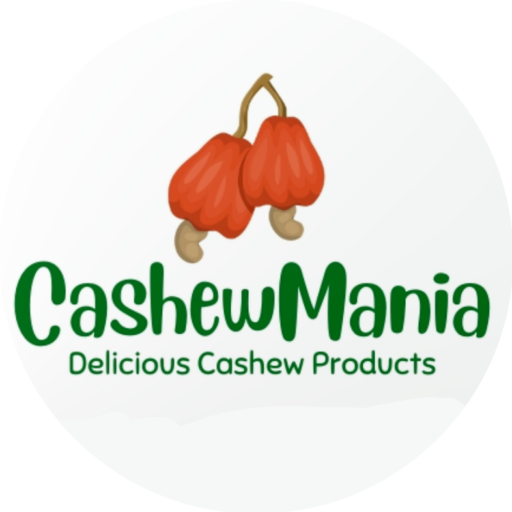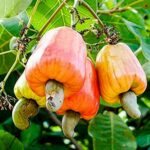FAQ :
Cashews are kidney-shaped nuts that grow on the cashew tree, scientifically known as Anacardium occidentale. They are native to Brazil but are now cultivated in various tropical regions worldwide.
Cashews grow in the shells of cashew apples, which are pear-shaped fruits. The nuts are encased in a hard outer shell, which contains a caustic liquid that can cause skin irritation. Harvesters carefully remove the nuts and shell them before processing.
Yes, cashews are nutrient-dense nuts rich in healthy fats, protein, vitamins, and minerals. They are particularly high in monounsaturated fats, which are beneficial for heart health. Cashews also contain antioxidants and may help reduce the risk of chronic diseases when consumed as part of a balanced diet.
Popular cashew products include cashew butter, cashew milk, cashew cheese, and cashew flour. These products offer dairy-free alternatives for those with lactose intolerance or following a vegan diet. Cashew butter and milk are commonly used in recipes as substitutes for traditional dairy products.
Cashews are typically roasted and then ground into a paste to make cashew butter. Cashew milk is made by blending soaked cashews with water and straining out the solids. Cashew cheese is often made by blending cashews with water, probiotics, and flavorings, then allowing it to ferment.
Cashews are tree nuts, and some individuals may have allergies to them. People with nut allergies should exercise caution when consuming cashew products and read labels carefully for potential cross-contamination with other nuts.
Yes, cashew products are versatile and can be included in various dietary plans, including vegan, paleo, and dairy-free diets. They provide a source of healthy fats, protein, and other essential nutrients, making them a valuable addition to many eating styles.
Cashew products should be stored in airtight containers in a cool, dry place away from direct sunlight. Refrigeration can help prolong their shelf life, especially for homemade cashew milk or cheese.
Cashew products can be used in a variety of culinary applications, including sauces, dressings, desserts, and baked goods. Cashew butter can be spread on toast or used as a dip for fruit. Cashew milk can be used as a dairy alternative in smoothies, coffee, or cereal.
Cashew production can have environmental and social impacts, including deforestation, water usage, and labor practices. Sustainable sourcing and fair trade practices aim to address these concerns by promoting environmentally friendly farming methods and fair wages for workers in cashew-producing regions.
Why Choose CashewMania's Products?
"I've tried many brands of cashews, but none compare to the quality of these. The roasting process really brings out the natural sweetness of the nuts. They're addictive in the best way possible!"

